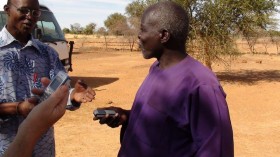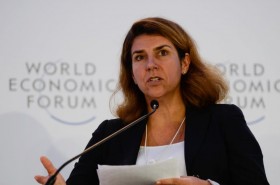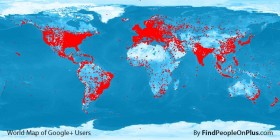“These are exciting times as over 5 billion people have a device that allows them to access the Web. [though only 2 billion are using the Web] The challenge is to go beyond the use of mobiles as person-to-person devices, so they become Web-access platforms. Two major conditions have to be met, though. The first is access – people need interface they can use and understand whether they speak Urdu, Mandarin or any other language, or indeed whether they are literate or not. The second is the suitability of content – people require content and services that are relevant and useful in their day-to-day life.”
This is part of an interesting interview with our Lead Program Manager, Stephane Boyera, that was conducted in association with his keynote at the first UNESCO Learning Week. Steph did a very good job, in responses to just 5 questions, of articulating the challenges to effective use of mobile phones for creating and consuming useful content, and what the Web Foundation is doing to address these challenges.





